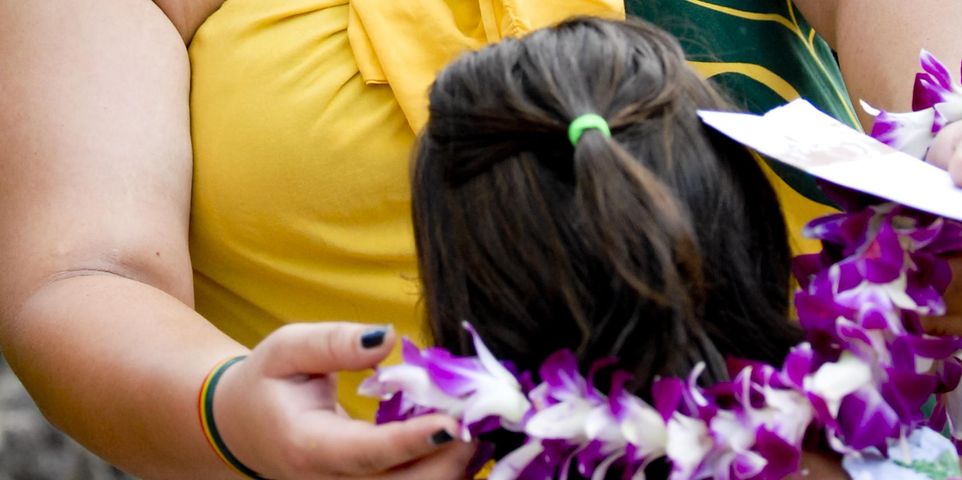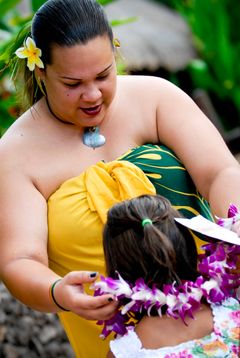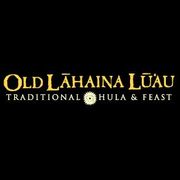
If you’re planning a trip to Hawai‘i, you can expect to come across fresh flower lei at some point during your stay. Whether someone greets you with a lei upon arrival or you’re handed one during an island excursion, knowing the rich history behind this gesture will make it all the more meaningful.
A Brief History
Polynesian settlers who made their way to the Hawaiian Islands from Tahiti brought leis with them. The earliest lei were made of a variety of materials, including shells, leaves, feathers, seeds, nuts, flowers, and the bones and teeth of animals.
Ancient Hawaiians wore different garlands for different purposes. For example, the maile lei, which is a green vine, represented peace talks between opposing chiefs.
Over time, Hawaiians adopted Western customs brought by different explorers to the islands; however, lei have remained culturally significant through the centuries.
The Significance of Lei Today
 As the islands became an increasingly popular tourist spot, lei began to symbolize Hawaiian culture. Visitors were greeted with fresh flower lei upon reaching the islands by boat in the early 1900s. Today, this tradition still stands. Lei are also used to show love, appreciation, and goodwill among old friends and new.
As the islands became an increasingly popular tourist spot, lei began to symbolize Hawaiian culture. Visitors were greeted with fresh flower lei upon reaching the islands by boat in the early 1900s. Today, this tradition still stands. Lei are also used to show love, appreciation, and goodwill among old friends and new.
Like all cultural traditions, giving or receiving a lei comes with certain etiquette rules. For example, you should never refuse a garland. Additionally, it’s considered rude to remove it in the presence of the person who gave it to you. If you want to take it off, try to do so discreetly, and offer it to your spouse instead.
Finally, don’t give a closed lei to a pregnant woman. Hawaiians believe doing so is bad luck for the unborn child. Open garlands are perfectly acceptable, however, and are common at baby showers.
From fresh flower lei to kālua pig, you can enjoy all kinds of authentic traditions at Old Lāhaina Lū‘au. Located on the west coast of Maui, they’ve hosted tourists and locals alike at their Hawaiian lū‘au for more than 30 years. Enjoy a night of mouthwatering cuisine and exhilarating entertainment as their hula dancers whisk you back to a simpler time. To buy tickets, call (808) 667-1998 or visit their website.
About the Business
(8,420 reviews)
Have a question? Ask the experts!
Send your question

